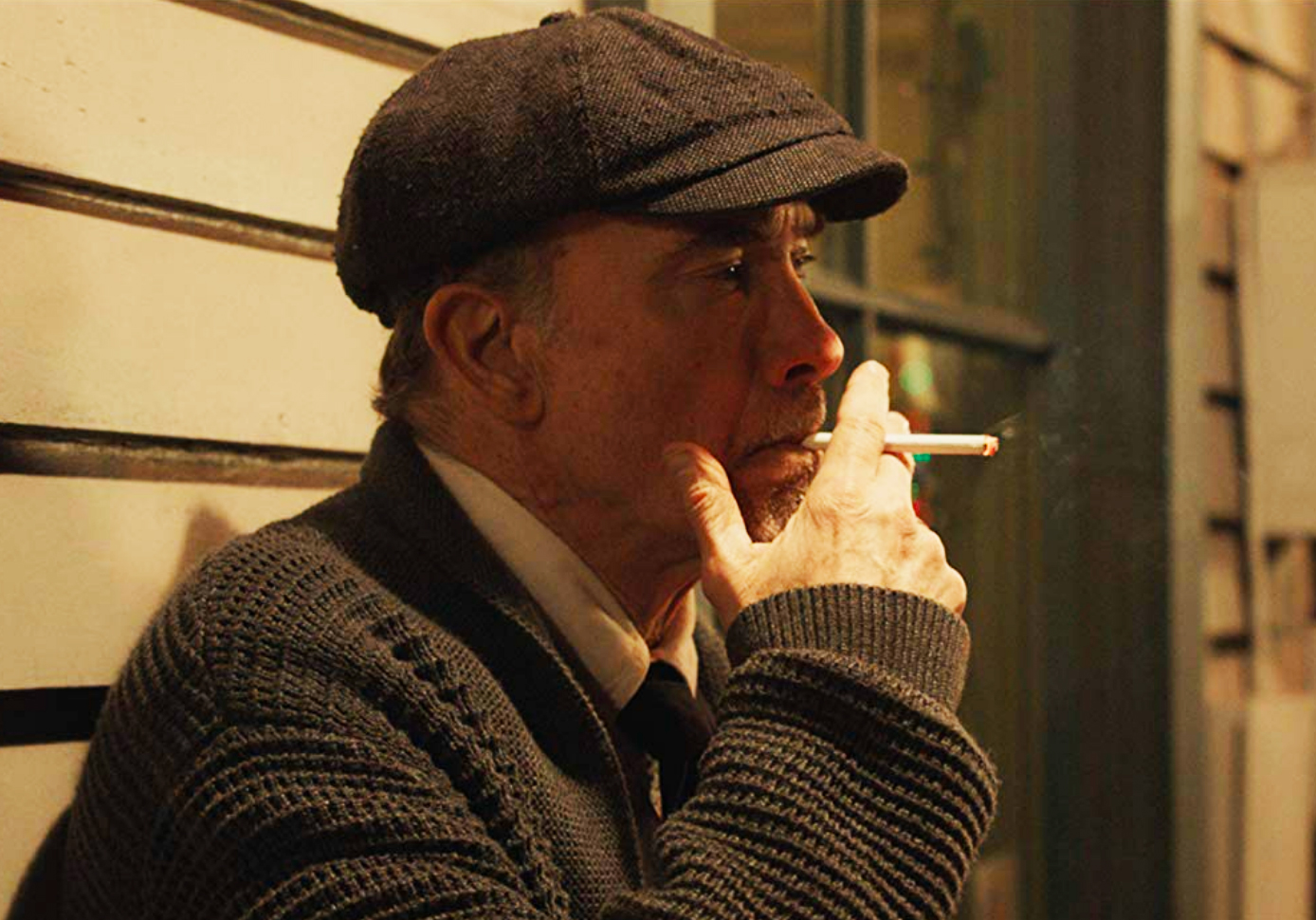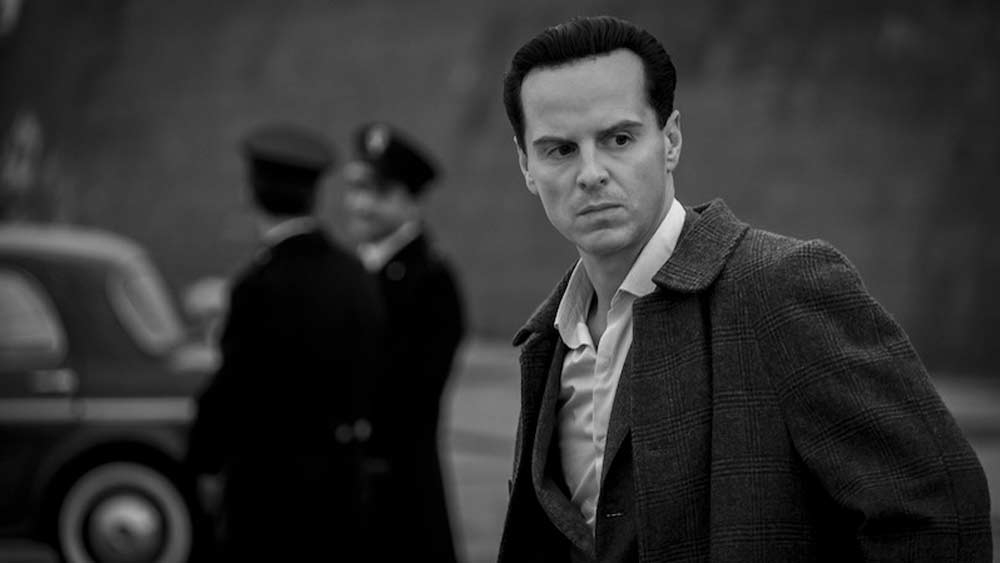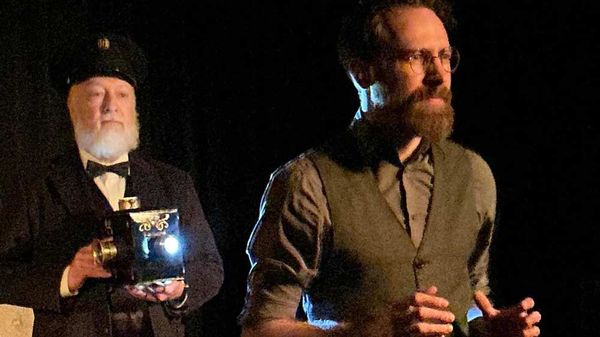
June 24, 2019
Guest Artist
Sam Cohen READ TIME: 3 MIN.
There's something admirable about well-known artists and their inclination to bring their works to different media, especially if that original work started on the stage and makes a move to the big screen. With "Guest Artist," the two-hander play written by Jeff Daniels and now adapted into a film, that inclination reveals itself to be a bit misguided. Daniels, as his career has shown us, is a formidable force on stage and screen, but the projects he's involved in don't always rise to his talent. Such is the central problem with "Guest Artist."
Joseph Harris (Daniels) is a Pulitzer Prize-winning playwright living in present-day New York, drinking an unholy amount, and mulling over the idea of suicide when he's at his most lonely. A theater company in Michigan has commissioned a new lay from Harris, so he gets on a train to Lima, where the company is located. Kenneth Waters (Thomas Macias) is the handler assigned by the company to pick up Harris at the station, but he oversleeps and ends up being 45 minutes late. Waters is an aspiring playwright and looks up to Harris as one of his idols, but, of course, he's surprised to find the noted author washed up and sleeping on a train station bench upon arrival. "Guest Artist" sets up a dialogue between the ingenue and jaded veteran as they yell about many things, including the state of art and how trauma informs that art.
"Guest Artist" has an emotional wallop of an opening that the rest of the film rarely is able to replicate. Harris is seen at a bar, begrudgingly taking pictures with fans and downing drinks until he's in a stupor. We only see the back of his head in the sequence, even when it cuts to the next scene at the 9/11 Memorial, where the camera finally faces the playwright as tears stream down his face. What might seem cloying in other projects comes off as honest here, primarily because Daniels is the exact right person to portray such a devastating range of emotions. This is one of the few times that Harris is emotionally honest in the brief 74-minute runtime. Everything that follows not only feels prepared for the stage but like it should've belonged there.
There's a homespun quality to "Guest Artist" that at once feels like an artist defying Hollywood to make something entirely personal, but even that quality grows frustrating as the presentation rambles on. There's clearly supposed to be a mounting tension between Waters and Harris that erupts during the climax, but there isn't any real conviction behind the camera to build that tension. Daniels is carrying the weight of the drama on his back, vacillating between sad, drunk anger and internal sadness with ease, but Macias' Waters is a bundle of nerves that are self-destructing in ways designed for the stage. On the screen, the maximalist reactions come off as tired and trying.
On the other hand, "Guest Artist," comes from a source of deep and personal pain, so some of the moments still land with destructive force. How many movies have you sat through where the protagonist is a once-great artist plagued by drink and depression? Daniels' Harris isn't an addition to the leagues as much as the character is an intriguing take on a well-trodden trope. Harris laments the death of much of communal art as the culture rides in the direction of binging and instant gratification, but it's all a front to something deeper. His emotional trauma, caused by 9/11, is as personal as it is communal, which makes the film's climax cut deep and fast. The washed-up playwright speaks of how Shakespeare could make something brilliant out of 9/11's many tragedies, but even that speaks to an incendiary truth: When art portrays real life, it tends to spread that pain to lessen the load or make it more palatable to the speaker. Another communal experience.
Aside from my misgivings about the aesthetic of "Guest Artist," this adaptation drove this writer to seek out its source. Jeff Daniels is a creative force in whatever he does, and it's because of personal stories like these that art remains important in a culture saturated by so much digital noise.







